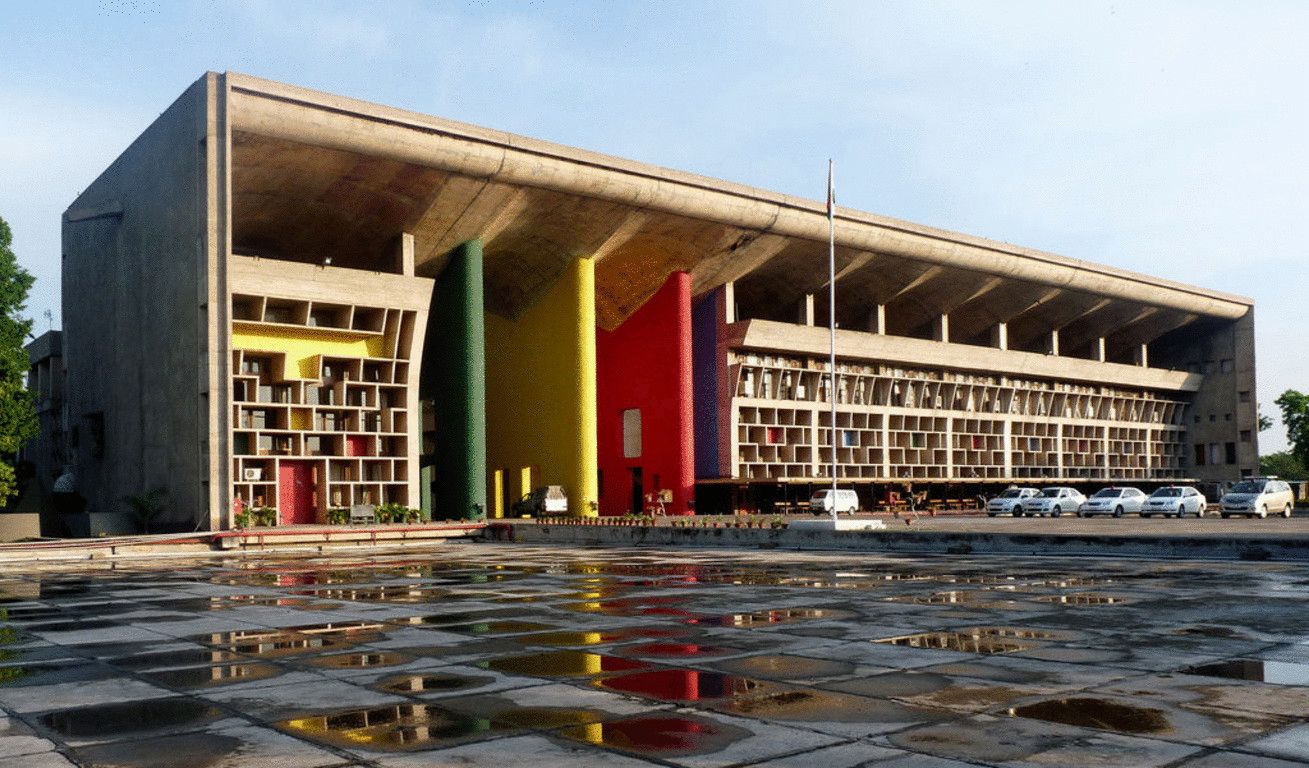Punjab & Haryana High Court sets aside recounting order in Panchayat elections, holds Tribunal must record prima facie satisfaction before ordering recount

Case Name: Gurmel Kaur v. Election Tribunal & Others; Jasvir Kaur v. Election Tribunal & Others
Date of Judgment: October 08, 2025
Citation: CR-7208-2025 & CR-7209-2025
Bench: Hon’ble Mr. Justice Virinder Aggarwal
Held: The Punjab & Haryana High Court allowed two connected civil revision petitions filed by the elected candidates challenging the Election Tribunal’s order directing a recount of votes in the Gram Panchayat elections of Village Chhahar, Tehsil Sunam Udham Singh Wala. The Court held that the Tribunal had failed to record any prima facie satisfaction or assign cogent reasons before ordering the recount. It reiterated that the secrecy of the ballot is sacrosanct and cannot be violated on vague or unsubstantiated allegations. The Court set aside the recounting order and directed the Tribunal to reconsider the matter afresh in accordance with settled legal principles.
Summary: The petitions were filed against the order dated September 30, 2025, by which the Election Tribunal had directed recounting of votes for the offices of Panch and Sarpanch of Village Chhahar. The losing candidates had alleged that fictitious votes were cast, rejected votes were not shown to them, and they were forcibly excluded from the counting hall. The successful candidates (petitioners) argued that the elections were conducted lawfully, no objections were raised during counting, and the recount order was cryptic and unsupported by evidence.
Justice Virinder Aggarwal observed that the Tribunal’s order merely reiterated allegations of irregularity without examining or evaluating evidence. The Court referred to Bhabhi v. Sheo Govind (1976) 1 SCC 687, which laid down six conditions precedent for allowing recount or inspection of ballot papers — including that allegations must be specific, supported by material facts, and the court must record prima facie satisfaction as to their truth. The High Court found that none of these conditions were satisfied.
The Court criticized the Tribunal for failing to record any finding on the credibility of the evidence or the necessity of a recount, instead proceeding solely on generalized claims of “transparency.” Such an approach, the Court held, amounted to non-application of mind and misuse of discretion, enabling a “fishing and roving inquiry” contrary to settled electoral jurisprudence.
Decision: Allowing both revision petitions, the High Court quashed the recount order and remitted the election petitions to the Tribunal for fresh adjudication strictly within the pleadings and evidence already on record. It directed the Tribunal to independently evaluate the material and record clear findings if, and only if, a prima facie case of irregularity materially affecting the result was established. The Court clarified that its observations were confined to the limited context of these petitions and would not influence the merits of the election disputes.